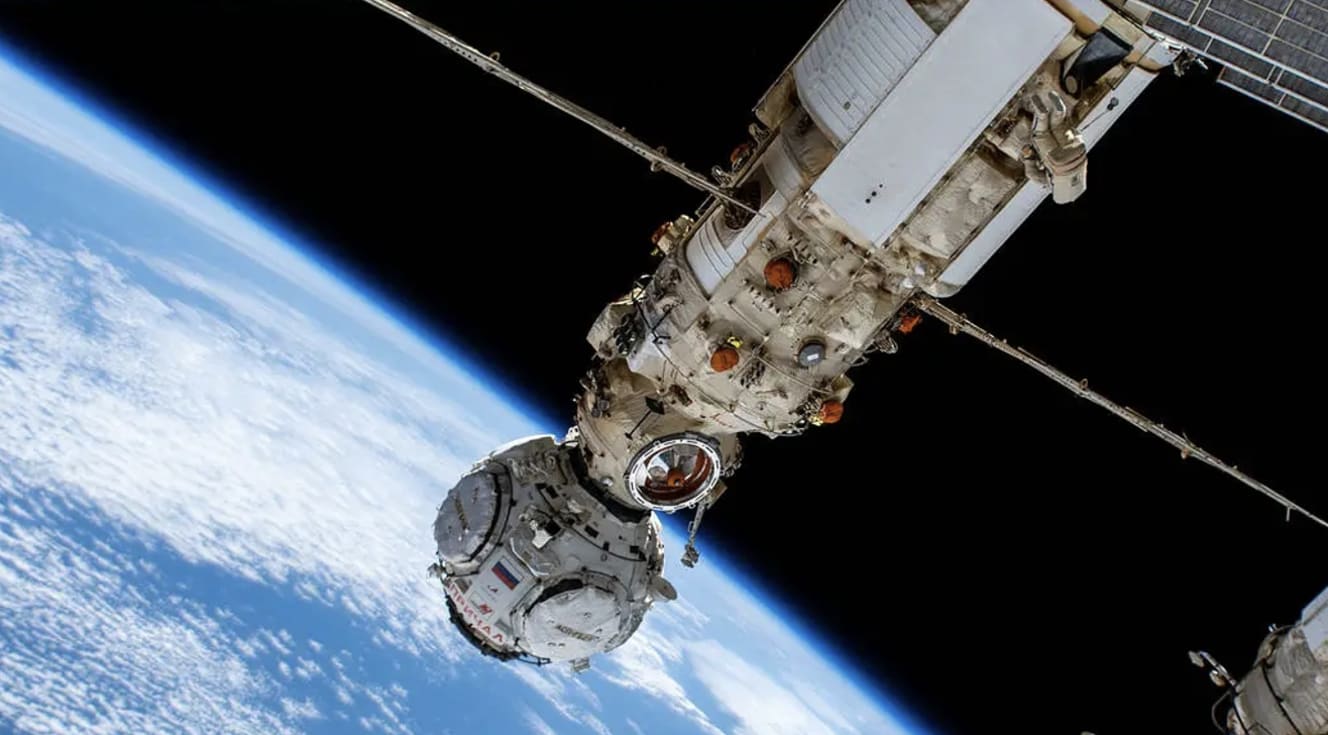The Unreported Abnormalities of the ISS and a Surge in Serious Incidents
The rotation caused the direction of the communication antenna to shift, and communication with the ground was disrupted twice during this emergency. If the rotation had continued for a long time, the sun would not shine on the solar panels, and the system might have stopped due to power loss. Also, even in zero-gravity, the aircraft would be subjected to G-forces as it rotated, and the high rate of rotation could have ruptured vulnerable parts of the system.
In the event of an emergency, the crew would board the spacecraft and stand by for immediate return to Earth, but it would be impossible to undock the spacecraft while the ISS itself was spinning.
This situation is clearly the biggest incident on the ISS in history, but it was hardly reported on TV or in newspapers.
The U.S. does not want China to gain hegemony over the ISS.
Troubles caused by Russian equipment have continued to occur frequently since then. In December 2010, a coolant leak from the Soyuz MS-22 spacecraft docked to the ISS resulted in the aircraft being returned to Earth unmanned, and the crew returned in the MS-23, which followed.
Two months later, in February 2011, coolant also leaked from the Progress “MS-21,” an unmanned resupply vehicle. Furthermore, in October of the same year, a similar leak occurred in Nauka. Why, then, do they continue to operate the ISS in its aging and dangerous state?
Russia, which has been subject to economic sanctions from various countries since its invasion of Crimea in 2002 and the outbreak of the war in Ukraine, has been unable to secure sufficient funds to maintain the ISS. Therefore, Russia hopes to scrap the ISS as soon as possible. The ISS was originally scheduled to be in operation until 2003, but the U.S. has been pushing it back to 20, 24, and 30 years.
Four commercial space station replacements for the ISS are currently being developed and manufactured, but their schedules have been delayed as well. If the ISS is scrapped without a replacement being put into orbit, the Chinese space station will be the only one in Earth orbit. For the U.S., which wants to maintain its space supremacy, it is necessary to avoid such a situation.
However, Russia is not confident about the future operation of the ISS, and has only pledged to cooperate until the year 2008. Therefore, if further problems arise in the future, the hatch leading to the Russian module may be closed, and the Russian compartment may be operated in a dead space. If this happens, the U.S. would ultimately be on its own to drop the ISS into the Pacific Ocean.
